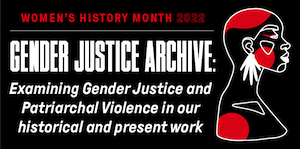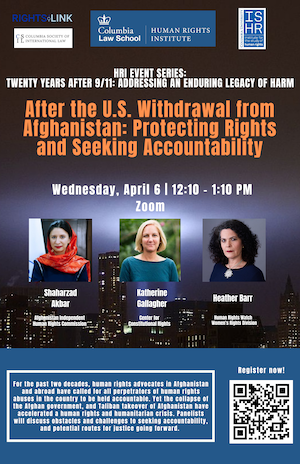 Honoring our client Ashley Diamond this Trans Day of VisibilityThursday, March 31, was International Transgender Day of Visibility, a time to celebrate transgender and non-binary people around the globe and acknowledge the determination it takes to live openly and authentically. Today we wanted to highlight our client, Ashley Diamond. Ashley is a Black trans woman and prisoners’ rights activist from Rome, Georgia. Out since she was a teen, Ashley is a talented singer, Whitney Houston impersonator, spiritual woman, loving member of a large family, and advocate for all people to be treated with dignity and humanity. Along with the Southern Poverty Law Center, we filed a case on behalf of Ashley and are advocating for her transfer from a men’s facility, where she remains a target of violence, and her for ultimate release, as well as for her access to vital healthcare. Since reentering GDC custody in October 2019, Ashley has reported more than 15 sexual assaults. In May 2021, she detailed an environment in which she is grabbed, groped, propositioned, threatened, and otherwise sexually abused on a daily basis. Nonetheless, Ashley doesn’t lose hope – she says, “People are always asking, ‘What can I do? I’m only one person.’ My answer: It only takes one. Live your life out loud. Resilience is in you.” Watch the full video on our Instagram page. | ||
 New resource! Women's History Month 2022 ListHere at the Center for Constitutional Rights, we have moved and continue to move in solidarity with gender-oppressed people targeted by institutions designed to reinforce, as bell hooks theorized, “white supremacist, imperialist, capitalist, (cis)heteropatriarchy.” Our vision of gender justice is wide-reaching and ultimately rooted in Black feminist organizing: we follow the lead of Black feminist cultural workers, organizers, and intellectuals because Black radical feminisms continue to offer to us a political vision of freedom that deliberately encompasses those of us on the margins of the margins. This Women's History Month, we have chosen to intentionally reflect on the history of Black feminist resistance through the modals of political education, oral histories, writing, and archival work. The work of archiving is a necessary task as it reminds us of the strategies and expertise we already have at our disposal to fight for more abundant futures filled with self-determination. In honor of the rich legacy of litigation and advocacy alongside our movement partners against patriarchal violence, we have curated a resource list of our historical and current gender justice work centering the experiences and vision of Black cis/trans women, girls, non-binary, intersex, and transmasculine people. Visit our website to browse the list. While you’re there, our advocacy team has also curated a Women’s History Month Database. Inspired by this year's theme of Black Feminist Resistance to Patriarchal Violence, it is filled with recommendations in film, literature, podcast, and more from pioneers such as bell hooks, Audre Lorde, and Tourmaline. Find the database here. | ||
 Join us for “After the U.S. Withdrawal from Afghanistan: Protecting Rights and Seeking Accountability”For the past two decades, human rights advocates in Afghanistan and abroad have called for all perpetrators of human rights abuses in the country to be held accountable. Yet the collapse of the Afghan government and Taliban takeover of Afghanistan have accelerated a human rights and humanitarian crisis. Panelists will discuss obstacles and challenges to seeking accountability, and potential routes for justice going forward. Panelists: Register on Columbia Law School's website. |
April 6, 2022

